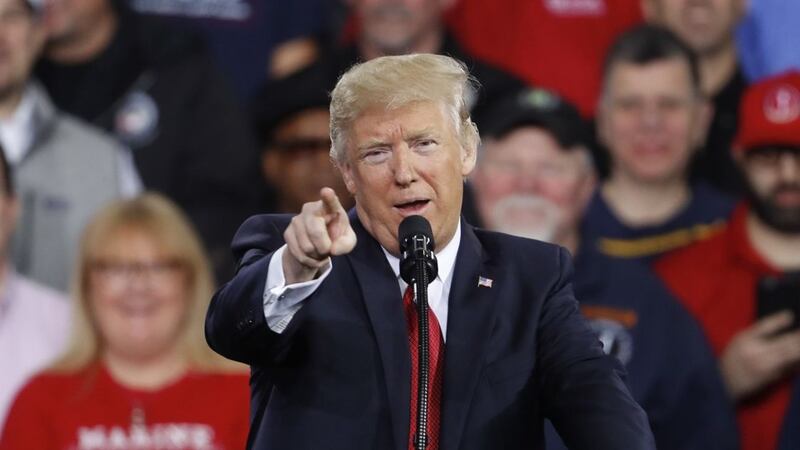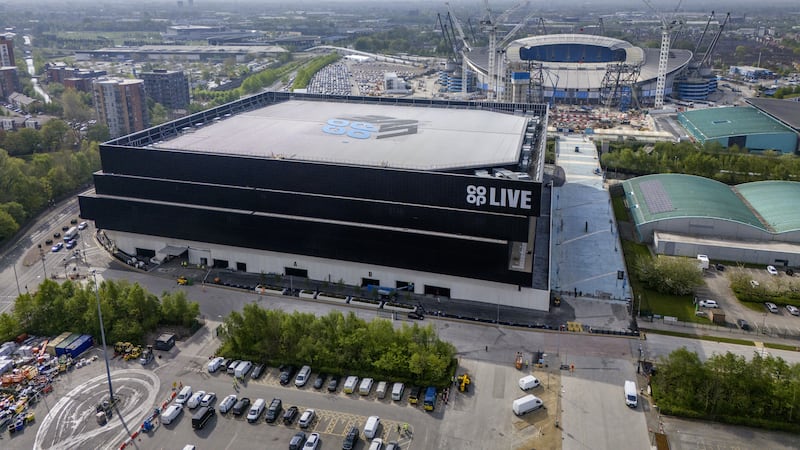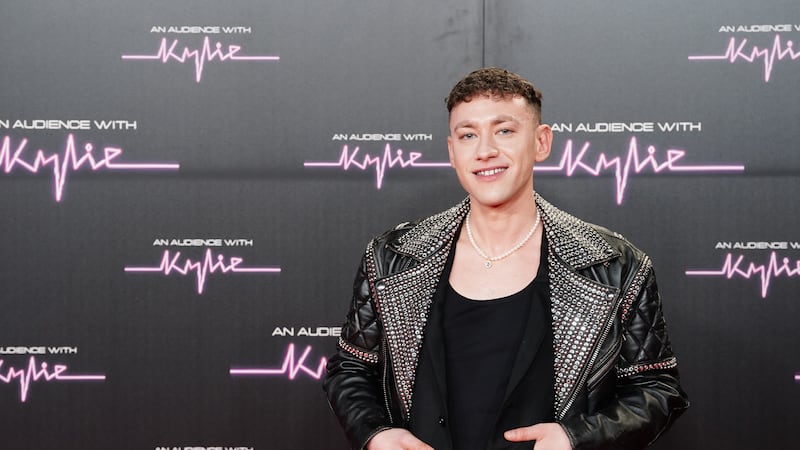For the second time, a federal court has blocked Donald Trump’s efforts to freeze immigration by refugees and citizens of some predominantly Muslim nations. Here’s everything you need to know.
What happened?
BREAKING: #MuslimBan Hawaii! Nationwide injunction!
— Bradley Girard (@BradleySGirard) March 15, 2017
US District Judge Derrick Watson put the president’s revised travel ban on hold just hours before it was to take effect.Watson is a 2012 appointee of President Barack Obama. He is the only Native Hawaiian currently sitting as a federal judge and the fourth in US history. He received his law degree from Harvard in 1991.
How does his ruling differ from the first judge who rejected the ban?
Relieved courts have again blocked Trump’s un-American #muslimban. This ban is about politics not national security
— Sen. Jeanne Shaheen (@SenatorShaheen) March 15, 2017
Watson rejected the government’s claims that the travel ban is about national security, not discrimination.
He also said that Hawaii would suffer financially if the executive order constricted the flow of students and tourists to the state, and that Hawaii was likely to succeed on a claim that the ban violates First Amendment protections against religious discrimination.
What did Watson say of the ban?
We knew the #MuslimBan 2.0 is unconstitutional so thank you to Hawaii courts for reaffirming that. ????
— Linda Sarsour (@lsarsour) March 15, 2017
Watson criticised what he called the “illogic” of the government’s arguments and cited “significant and unrebutted evidence of religious animus” behind the travel ban. He also noted that while courts should not examine the “veiled psyche” and “secret motives” of government decision-makers, “the remarkable facts at issue here require no such impermissible inquiry.”“For instance, there is nothing ‘veiled’ about this press release: ‘Donald J Trump is calling for a total and complete shutdown of Muslims entering the United States’,” Watson wrote, referring to a statement Trump issued as a candidate.
And how has Trump responded?
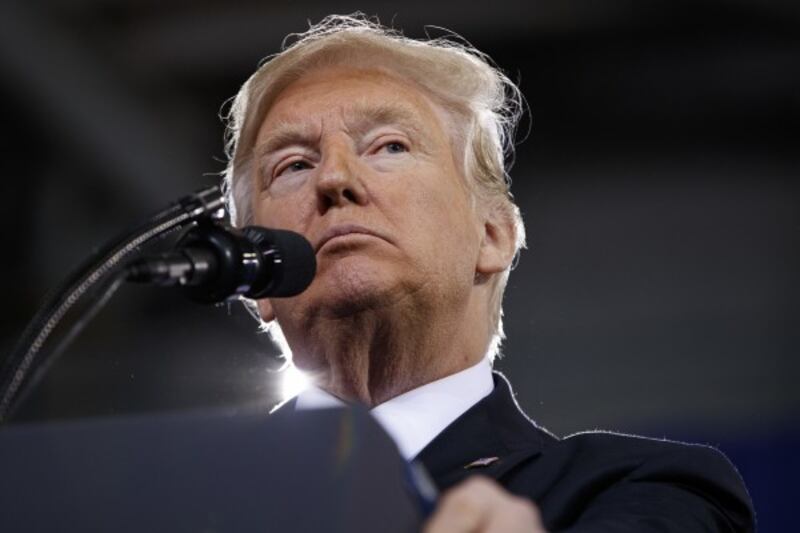
Trump called the ruling an example of “unprecedented judicial overreach” and said his administration would appeal it to the US Supreme Court. He also called his new travel ban a watered-down version of the first one, which he said he wished he could implement.“We’re going to win. We’re going to keep our citizens safe,” the president said at a rally in Nashville. “The danger is clear. The law is clear. The need for my executive order is clear.”
What are other states doing?
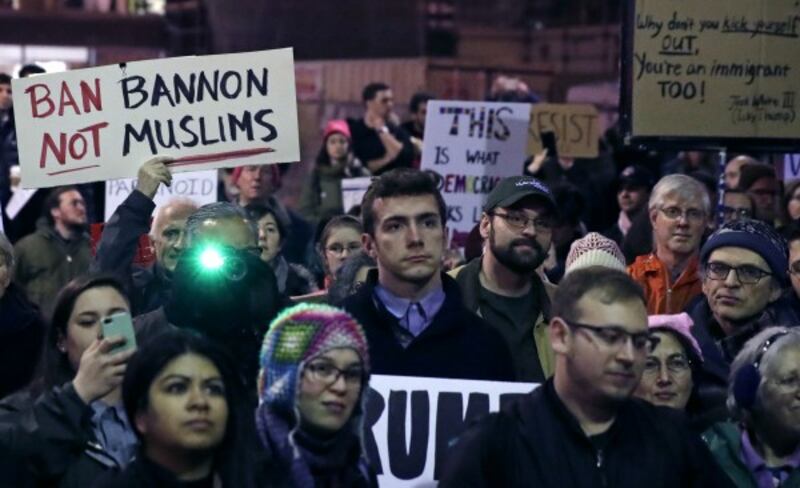
In all, more than half a dozen states are trying to stop the ban. A case brought by Washington state argues that the new order harms residents, universities and businesses, especially tech companies such as Washington state-based Microsoft and Amazon, which rely on foreign workers. California, Maryland, Massachusetts, New York and Oregon have joined the claim.
What happens next?
Assuming government goes straight to 9th Circuit, this could land in Supreme Court's lap as Gorsuch confirmation hearing looms
— Lawrence Hurley (@lawrencehurley) March 15, 2017
Judge James Robart in Seattle was the first judge to block the initial travel ban, and it was then brought before a three-judge panel from the 9th US Circuit Court of Appeals who unanimously declined to reinstate the ban.
Trump’s administration might seek an emergency stay of Watson’s decision at the 9th Circuit. This time, it would be heard by different people because the panel of judges assigned to such cases rotates every month.
Watson made it clear that his decision applied nationwide, ruling that the ban could not be enforced at any US borders or ports of entry or in the issuance of visas.
